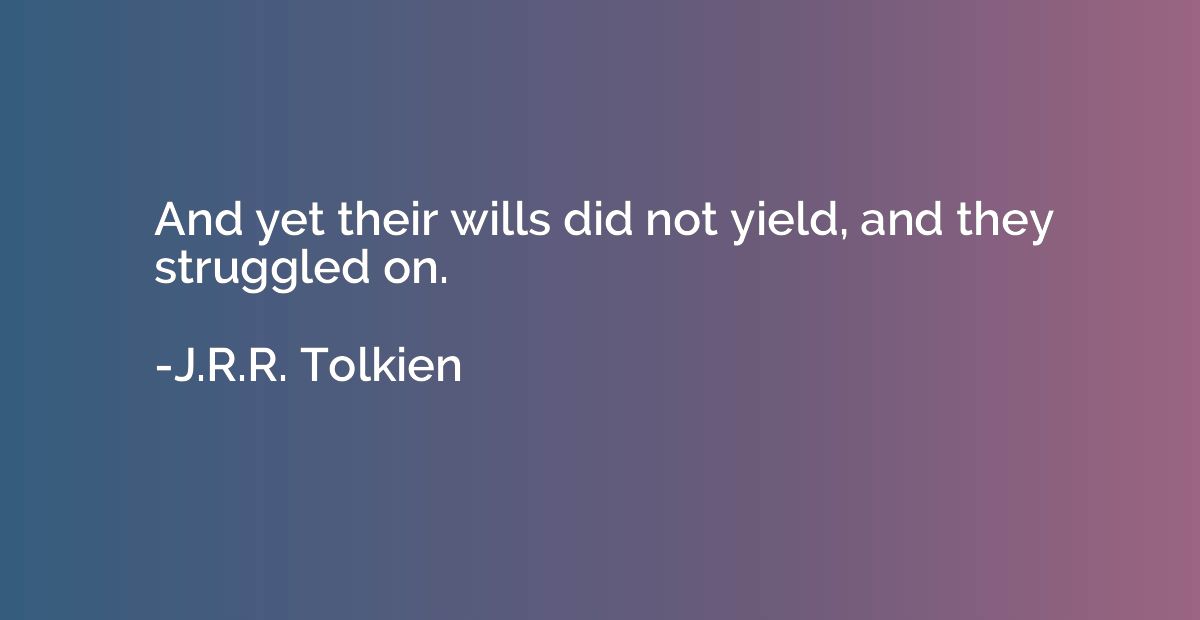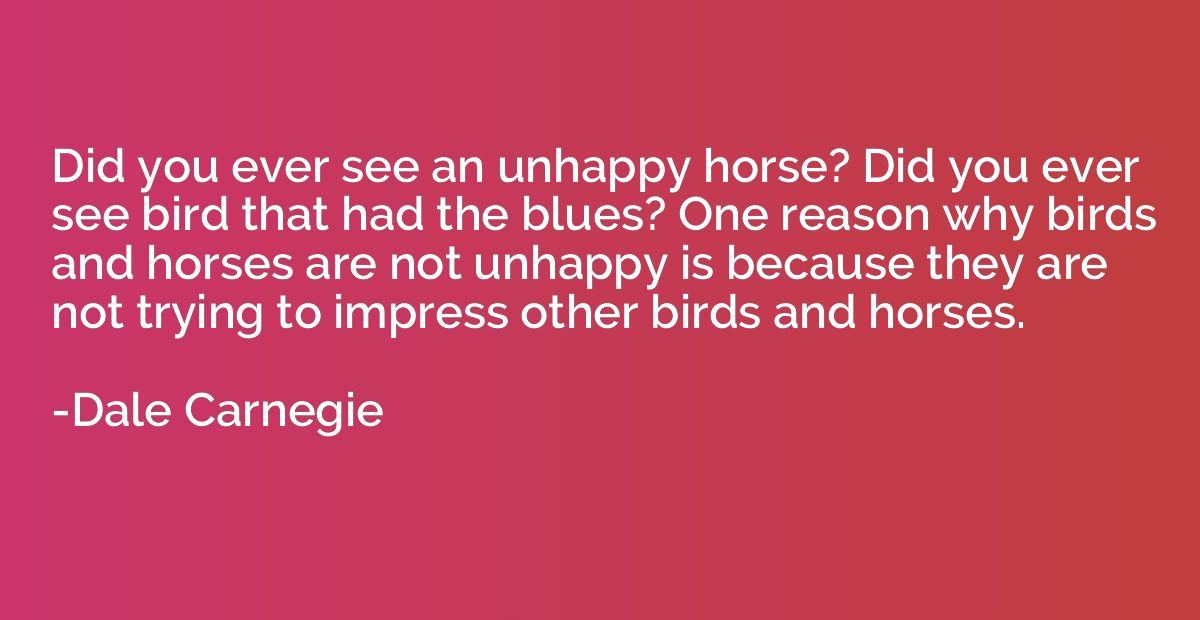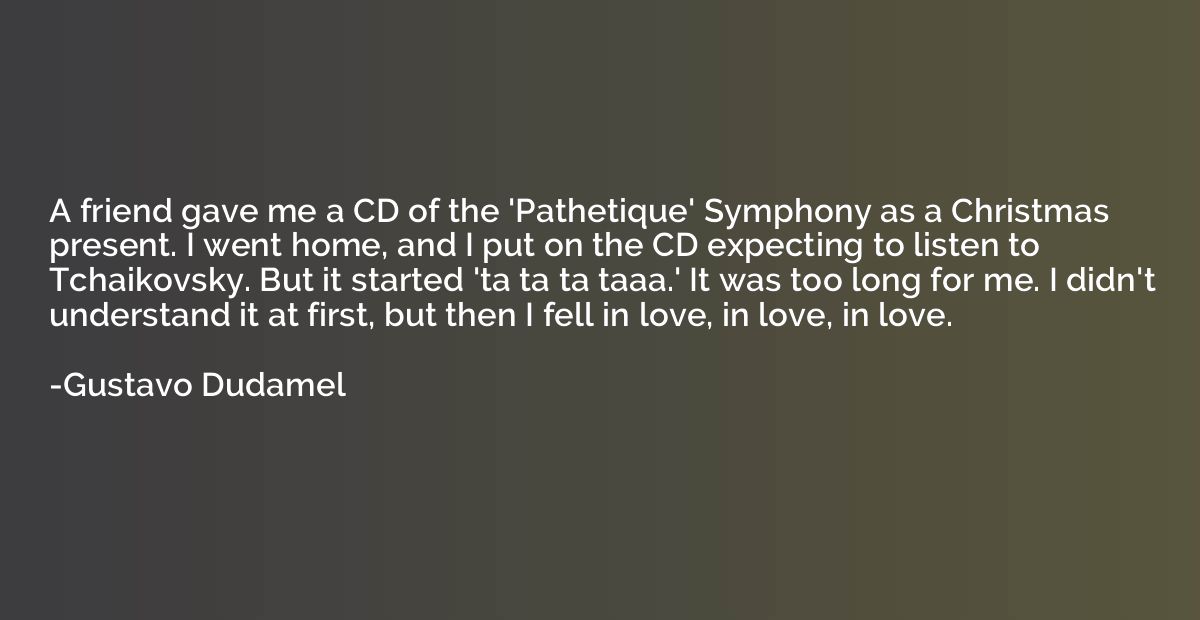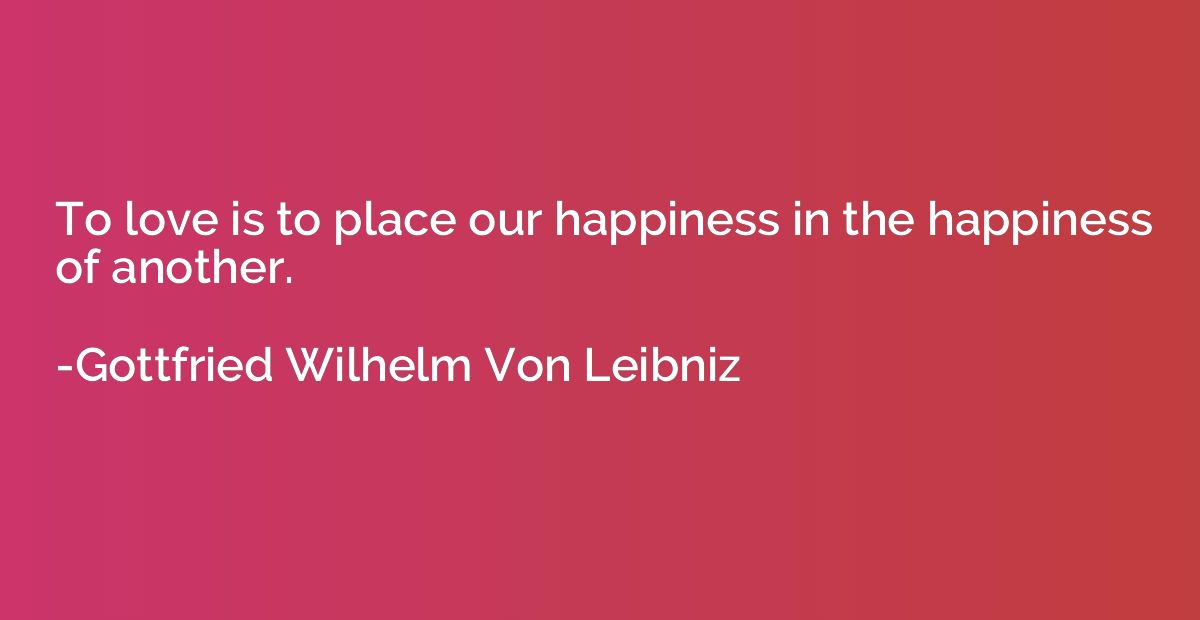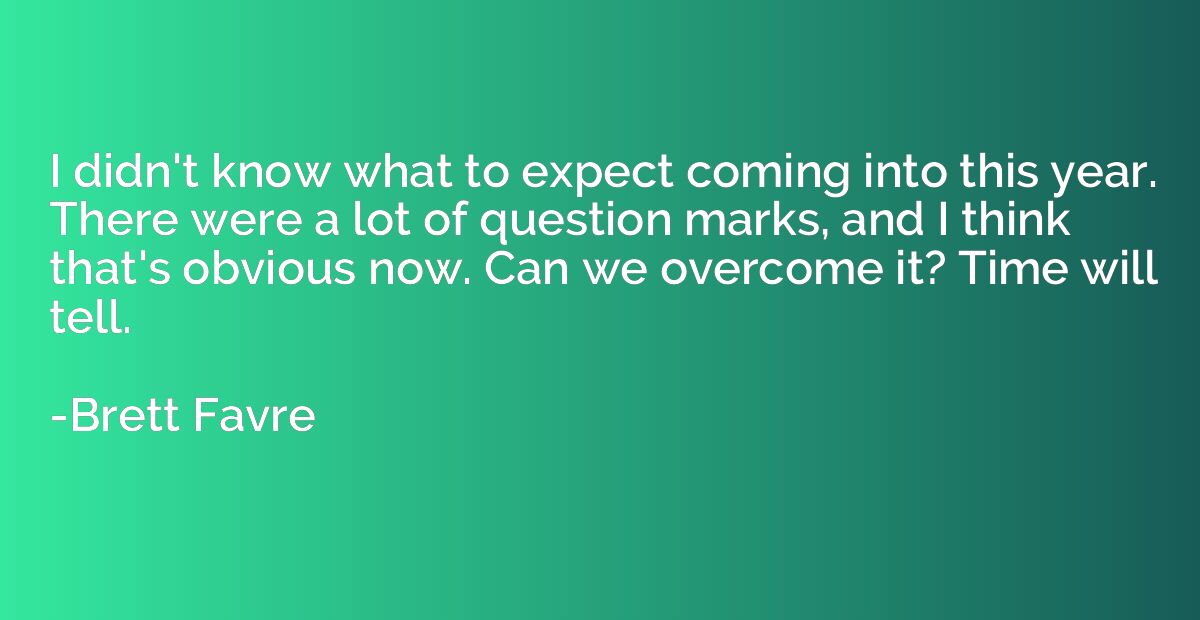Quote by Ernest Hemingway
Nick drank the coffee, the coffee according to Hopkins. The coffee was bitter. Nick laughed. It made a good ending to the story. His mind was starting to work. He knew he could choke it because he was tired enough. He spilled the coffee out of the pot and shook the grounds loose into the fire. He lit a cigarette and went inside the tent. He took off his shoes and trousers, sitting on the blankets, rolled the shoes up inside the trousers for a pillow and got in between the blankets.Out through the front of the tent he watched the glow of the fire when the night wind blew on it. It was a quiet night. The swamp was perfectly quiet. Nick stretched under the blanket comfortably. A mosquito hummed close to his ear. Nick sat up and lit a match. The mosquito was on the canvas, over his head. Nick moved the match quickly up to it. The mosquito made a satisfactory hiss in the flame. The match went out. Nick lay down again under the blankets. He turned on his side and shut his eyes. He was sleepy. He felt sleep coming. He curled up under the blanket and went to sleep.
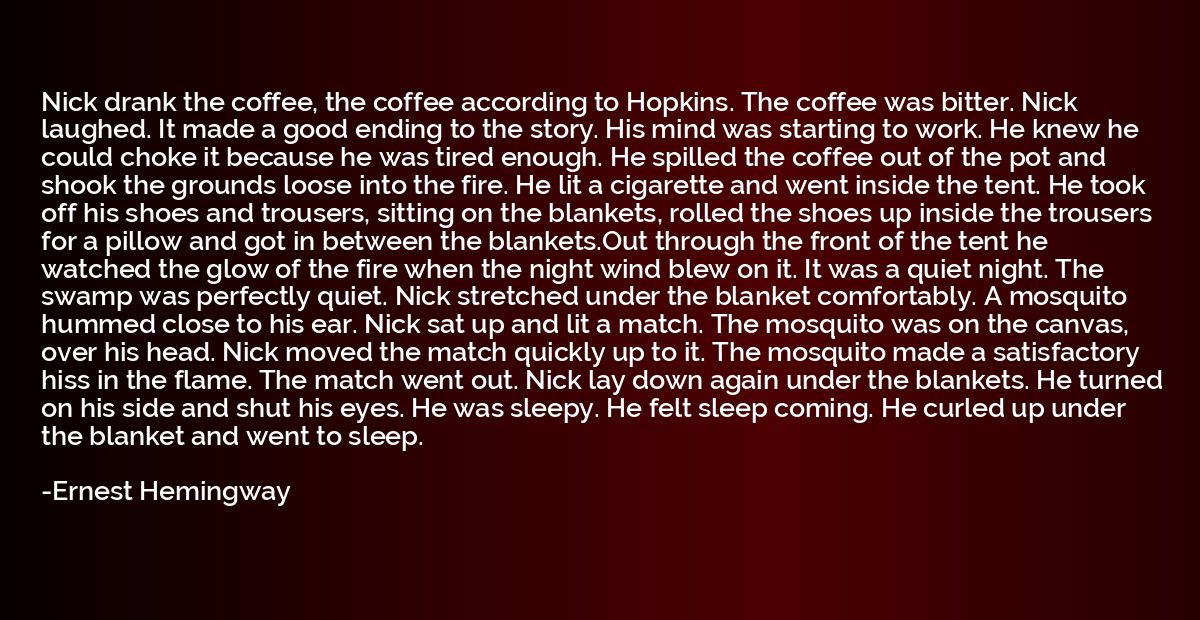
Summary
This quote presents a picturesque scene of Nick, a tired protagonist, ending his day in the swamp. As he drinks the bitter coffee, he is amused by its taste, finding it fitting for the conclusion of his story. In an act of release, he pours the coffee grounds into the fire and lights a cigarette. Inside his tent, Nick undresses and creates a makeshift pillow before settling between the blankets. Surrounded by the tranquility of the swamp, he watches the fire's gentle glow in the night. Despite the quietness, a mosquito interrupts his peace, prompting Nick to burn it with a match. Finally, Nick settles back down, feeling sleep drawing near as he curls up and drifts into slumber.





